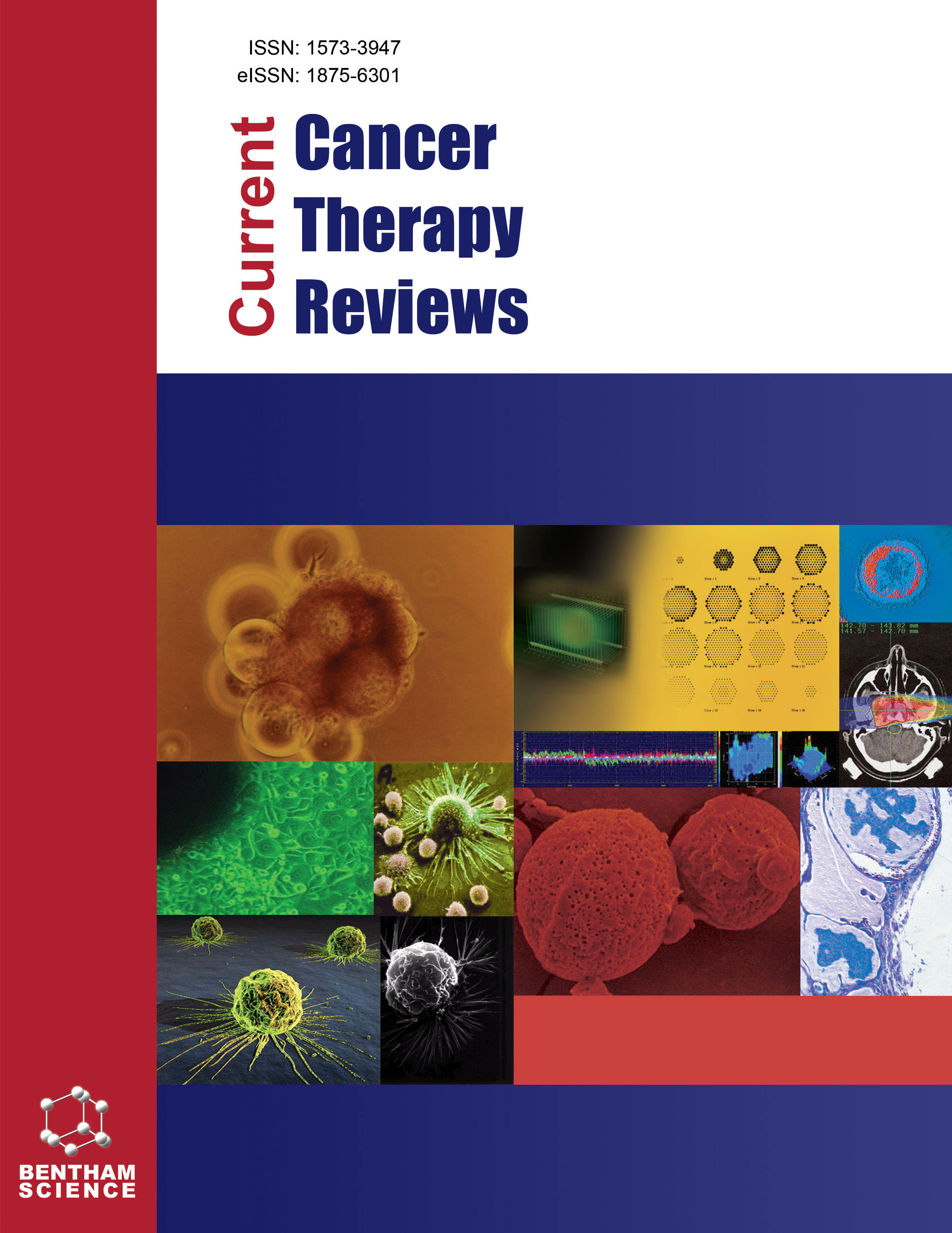
Full text loading...
Breast cancer incidence and mortality rates are rising worldwide, which presents a formidable challenge for women. The advancement of targeted drug therapies offers promising avenues for treatment, but resource constraints prevent their widespread implementation in advanced clinical trials, highlighting the need for sustained research funding. Nutritional support is critical in cancer management, affecting key cancer hallmarks. The anti-inflammatory effects of exercise and a healthy diet are critical in reducing cancer incidence and tumor growth. A comprehensive approach to breast cancer treatment requires addressing health challenges and psychological symptoms.
In this context, we aim to address modifiable risk factors, including nutrition, physical activity, and psychosocial factors, which can serve as non-pharmacological adjuncts in reducing breast cancer risk, incidence, and mortality.
This study conducted a thorough literature search on breast cancer, nutrition, physical activity, psychosocial problems, clinical trial/study, mechanisms, in-vitro and in-vivo. The search was performed using multiple search engines and the main keywords, and only English publications until August 2023 were included.
Nutrition plays a critical role in influencing breast cancer risk, but its exact role needs to be explored. Diet diversity and exercise are recommended to reduce risk, while psychosocial support is vital for patient well-being.
In light of rising global breast cancer challenges, our study underscores the urgent need for enhanced clinical trial availability, exploration of nutrition-cancer links, and refined psychosocial interventions to comprehensively address prevention and treatment.

Article metrics loading...

Full text loading...
References


Data & Media loading...
Supplements

